Isabelle Huppert was awarded the coveted Prix Lumière. Euronews Culture attended the ceremony, as well as her masterclass. Here are the 10 things we learned.
To mark the 15th anniversary of the Lumière Film Festival, Isabelle Huppert was awarded the prestigious Prix Lumière at the traditional award ceremony, held last night at the Amphithéâtre 3000 in Lyon.
With an audience including the likes of Alfonso Cuarón, Claire Denis, Noémie Merlant, Anthony Delon, James Franco, Emmanuelle Béart and Julien Clerc (who took to the stage to play his famous song ‘Ma Préférence’ in honour of the evening’s main star), Huppert came on stage to receive her prize. She joins an illustrious list of past recipients, including Martin Scorsese, Jane Fonda, Quentin Tarantino, Jane Campion, Pedro Almodóvar and Wong Kar-wai.
“I was told that the Lumière prize was special, but it's much more than I could have imagined, and yet I have a lot of imagination,” she shared, visibly moved and referencing the honour of being awarded a prize so intimately linked to the history of cinema.
Speaking about looking back at the past and looking to the future, she finally emphasised the importance of the present, “this joyous and wonderful moment full of emotion.”
Check out the video above for clips of the evening, as well as reactions from some of the celebrities present at the award ceremony last night, which Euronews Culture got to interview.
Prior to the awards ceremony, Huppert participated in a masterclass, a rare exercise for the actress, who isn’t a huge fan of discussing her work and career in public.
The on-stage conversation was with Lumière Film Festival boss and Cannes chief Thierry Frémaux, with the likes of Claire Denis and François Ozon, who both directed Huppert in White Material and 8 Women, as well as Coralie Fargeat (The Substance) and Anthony Delon sitting in the audience. She spoke openly and candidly about her career.
Here are the 10 things we learned at the masterclass:
Cinephile?
Huppert revealed that prior to starting her acting career, she had seen few movies.
“It’s still the case to this day. We didn’t go to the cinema that much back in the day. I’d need to come back to Lyon and the festival more often,” she quipped.
Film choices
Huppert has worked with some of the most renowned and international directors, from Bertrand Tavernier, Claire Denis, Werner Schroeter, Michael Haneke, Joachim Trier, to Hong Sang-soo, Paul Verhoeven, Wes Anderson and Ira Sachs - to name but a few.
“I don’t know if I know how to read scripts, but maybe I can recognize filmmakers and that matters obviously in the choices we make,” she said. “The choices are difficult, mysterious even. It’s a mix of many things. It’s pure intuition, ultimately.”
She also revealed that when reading scripts, she would make her mind up based on a line that would stick with her. For example, in La Pianiste (The Piano Teacher), Michael Haneke’s 2001 erotic psychological drama, she honed in on the line: “La froideur, ça vous dit quelque chose?” (“What does coldness speak to you?”).
Speaking of which...
Restraint at all costs
Huppert is not known as the ‘warmest’ on-screen presence, with many of her roles characterised as chilly, standoffish or even emotionally distant.
However, this is by design.
Referencing that quote from The Piano Teacher, she stated that it “sums up everything it means to be an actor.”
“It may seem surprising, but when people think of acting, you may think of feelings, therefore of sentimentality, of something more rounded. But when you’re acting, you’re in a certain coldness,” she said. “When (her character in The Piano Teacher, Erika) sees the young man play, she understands that his way of playing will probably be his way of loving, something that doesn’t do justice to the beauty of the music and therefore of the feeling. I believe it’s the same when you’re acting - you need to be detached from what you’re playing to be a better actor.”
“I like to approach every character I play with a distance, which often allows one to place humour into moments and roles where it is least expected. The Pianist is not really a comedy, to say the least, but there are some funny aspects to it...”
Speaking of Haneke...
Near misses
Huppert almost never worked with the celebrated Austrian filmmaker.
“We kept missing each other,” she said. “He had first asked me to play in ‘Funny Games’ and I had decided to not do it. The film is extraordinary, but I found that it didn’t leave any room for the imaginary of the actress that I was. To me, the film was like a scientific and clinical demonstration of how violence operates on the spectator and how the spectator is the plaything of this staging.”
After Funny Games, Haneke proposed two other films that she wasn’t able to do. By the time he suggested The Piano Teacher, an ultimatum was given.
“He told me, if you don’t want to do it, it’s over, I won’t propose you another film,” shared Huppert. “For that reason, I said ‘Yes, of course, I’ll do it! And then, I really read the script while I was in the plane! The next minute, I was landing at the Vienna airport (for the shoot).”
Huppert would then go on to star for Haneke in Le Temps du Loup (2003), Amour (2012) and Happy End (2017). A happy end, indeed.
“Do you think you can coax Haneke out of retirement?” asked Fremaux.
“Not sure,” she replied.
The perfect soldier on set?
When asked whether she did what she was told on set, Huppert rather diplomatically, but with a twinkle in her eye, answered: “Yes, if the film goes according to plan.”
“When you say ‘yes’ to a project, several stories start. I was lucky to meet directors who let me tell stories between me and myself.”
When asked whether there’d been any conflicts on set, Huppert shared that she didn’t have any on a personal level, but that she had witnessed some – mentioning French film director Maurice Pialat.
“Conflict can be a way of dialoguing and it can be interesting too. Making a film is hard, and making a dream concrete is not easy. Conflict is just a part of life.”
She later added: “The whole history of cinema, painting, and literature is made of that – that’s why you make films, it’s both a big mystery and a blessing… There are people who like it and people who don’t. I don’t think we make movies to please everyone. And all the better. The hegemonic fantasy isn’t good – we all see where that can lead...”
Self-deprecation and confessions
Throughout the masterclass, Huppert was very candid and self-deprecating about the projects she’d starred in, many of which “I’m sure no one has seen!”
One of the films she mentioned was her role in Otto Preminger’s 1975 thriller Rosebud. The film was originally set to star Robert Mitchum, who left the project due to disagreements with Preminger. Actually, it was due to Mitchum’s heavy drinking and the fact that Mitchum shared with Huppert: “I couldn’t give a fuck about cinema anymore.”
This saddened Huppert, who shared the anecdote that Mitchum had played her an artist he’d been listening to at the time: Kris Kristofferson, who died earlier this year.
Huppert would then go on to star alongside Kristofferson in Michael Cimino’s epic western Heaven’s Gate, which was infamously panned and gained further infamy as a film that not only generated financial damage for the studios due to its budget costs, but had a wider effect on the American film industry as a cautionary tale for studios to shift away from director-driven films.
“At least I got to tell Kris Kristofferson that he was Robert Mitchum’s favourite singer on the set of 'Heaven’s Gate'!”
On misogyny
“Misogyny doesn’t just exist in cinema – it’s everywhere. I’ve learned to see it and recognise it. It has never gotten in the way of my acting.”
Stairs not lifts
Speaking about her career, Huppert said that she isn’t afraid of taking on roles that demand her to be away from home or get out of her comfort zone.
When asked whether she was ever abroad on a shoot and in her hotel room at the end of the day, asking herself ‘What am I doing here?’, she retorted: “I love being in hotels – it really isn’t the worst part of my profession! As long as I can access my room via stairs and not the lift.”
Indeed, Huppert confirmed that she has a phobia of lifts.
“I’m scared of lifts, but not the unknown.”
On her favourite books
Huppert stated that she’s not a fan of revealing too much about her personal life, and that includes her favourite books or the ones that have shaped her.
“Tell me what you read, I'll tell you who you are... Where’s the fun in that?”
She did however reveal...
Did you know?
An audience member randomly asked Huppert what her favourite flowers were.
“Roses.”
Now you know.
The Lumière Film Festival ends on 20 October.

 5 months ago
120
5 months ago
120
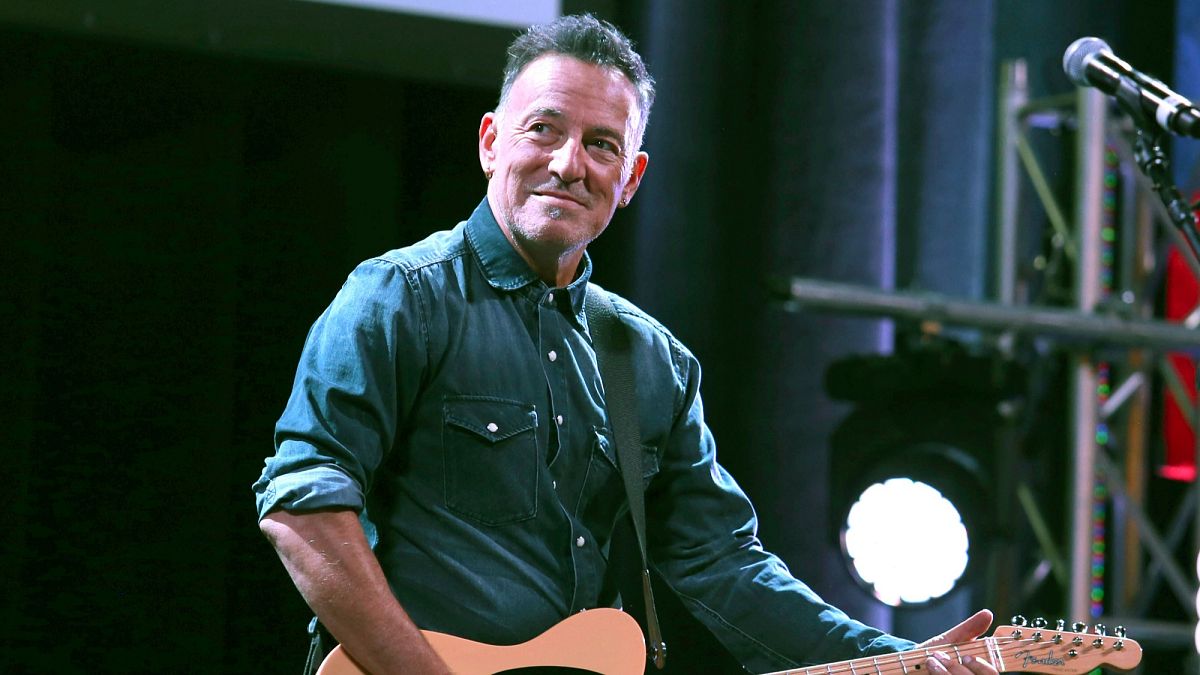
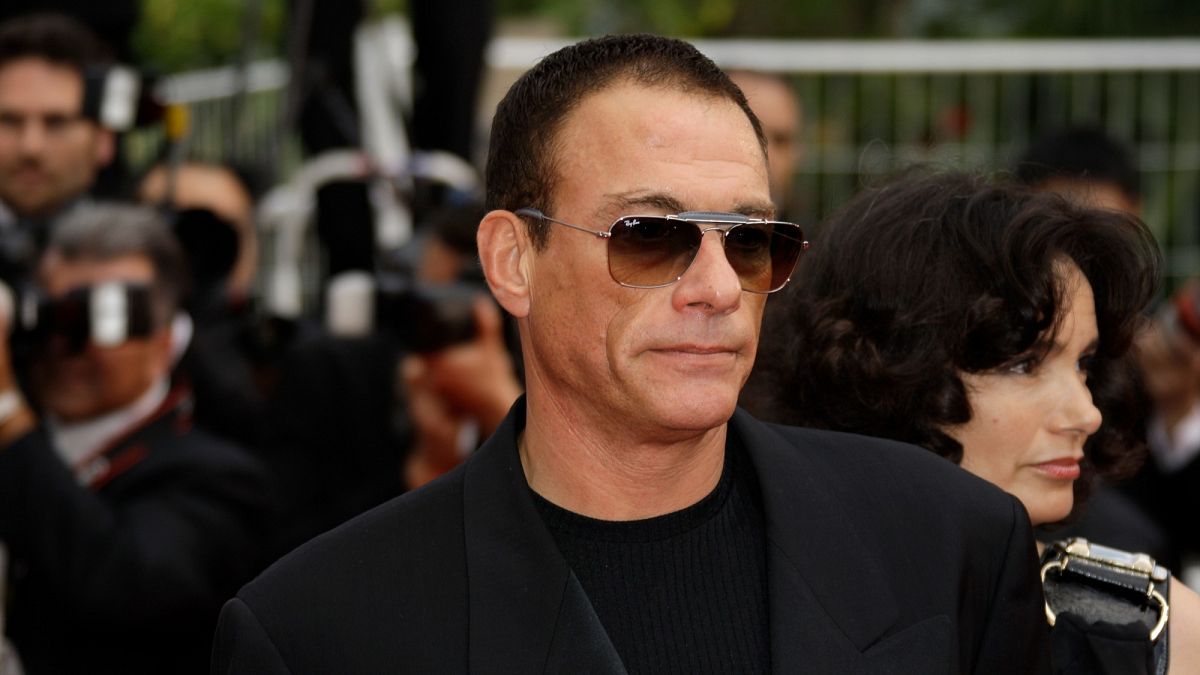
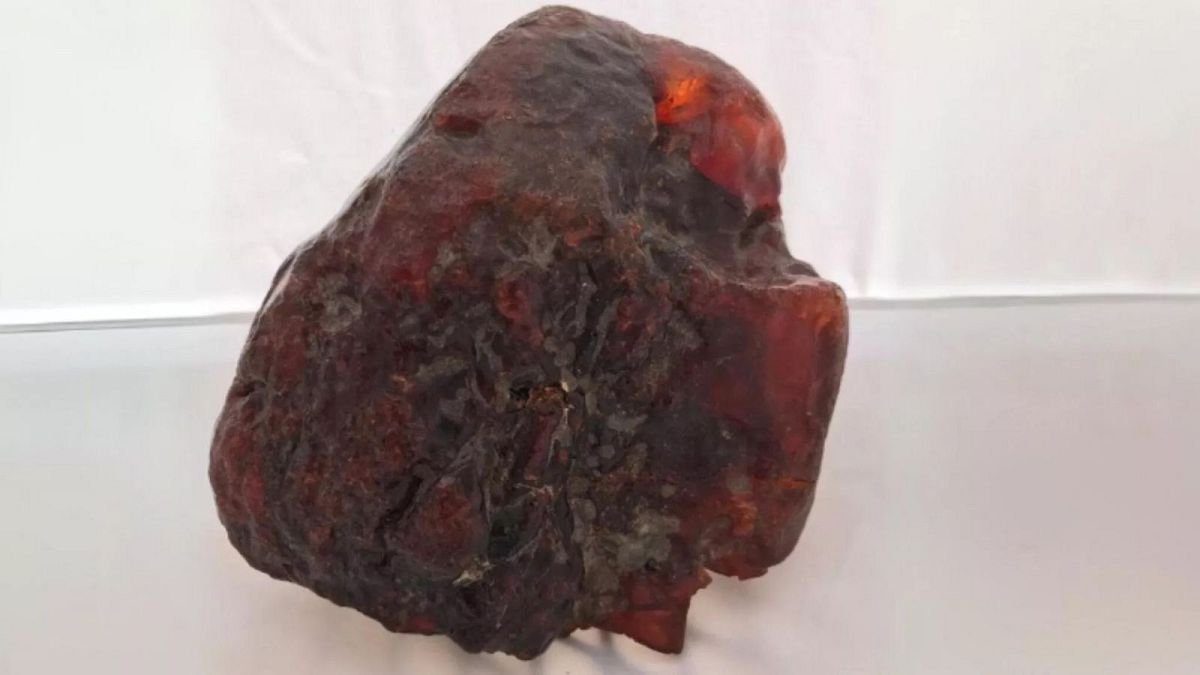
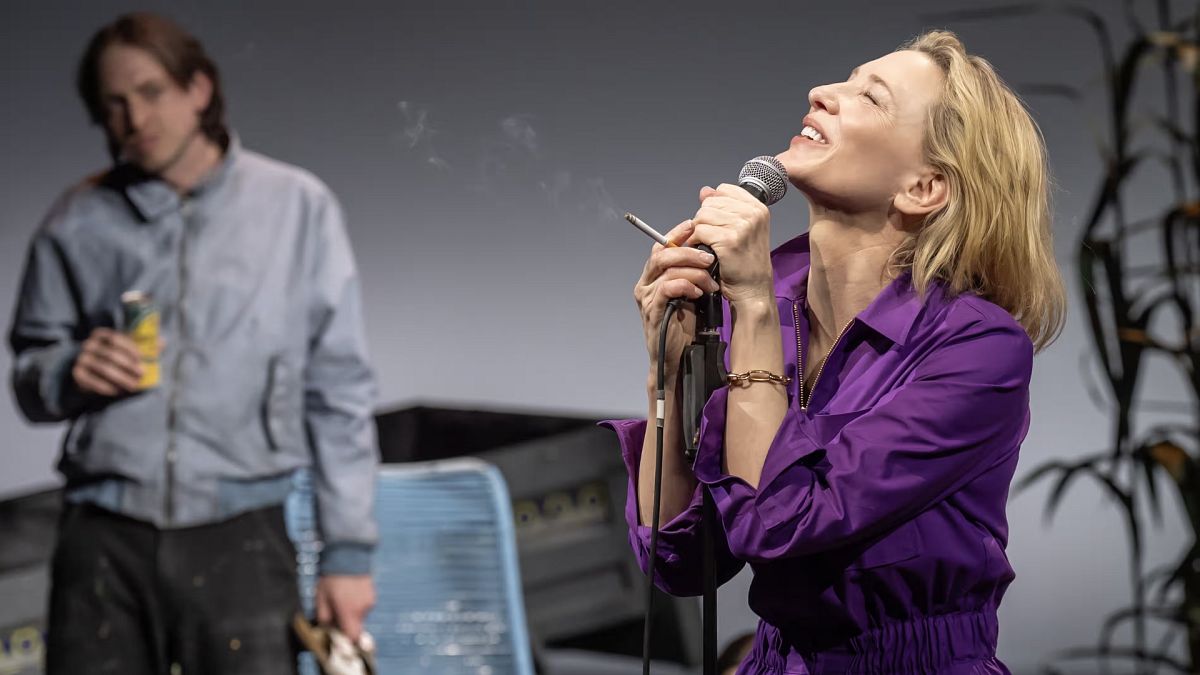
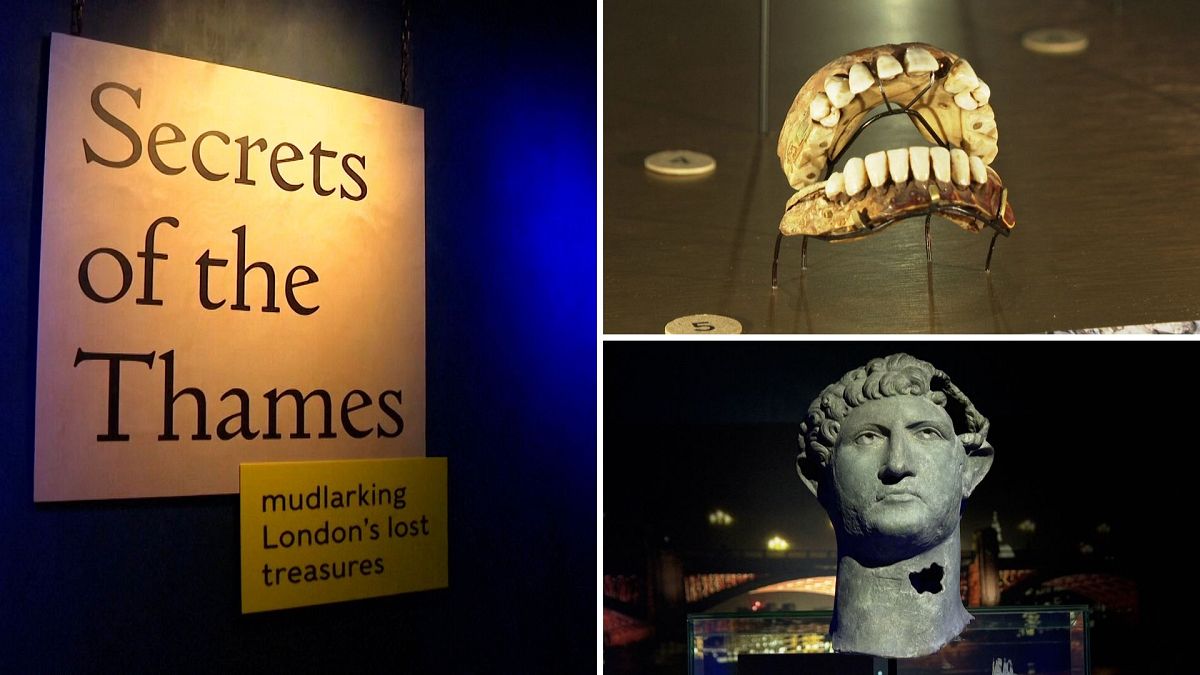

 We deliver critical software at unparalleled value and speed to help your business thrive
We deliver critical software at unparalleled value and speed to help your business thrive






 English (US) ·
English (US) ·